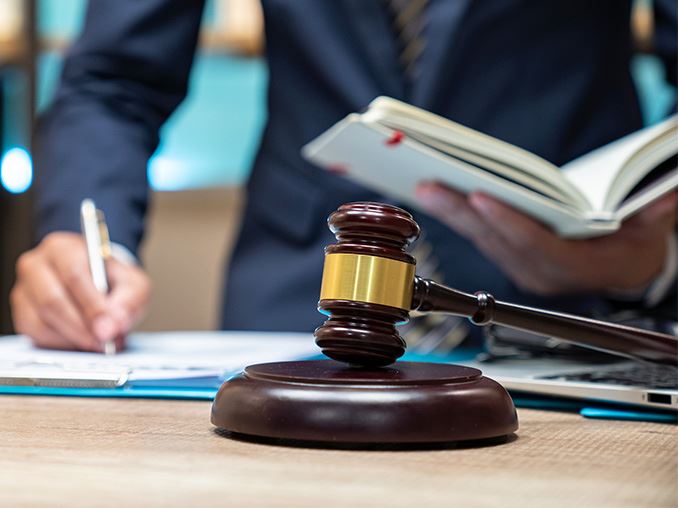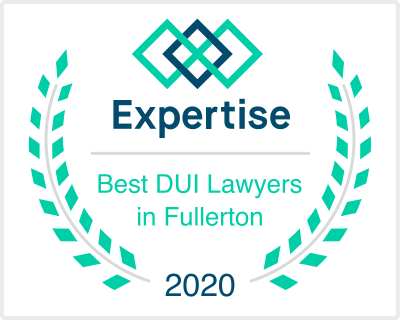Other minor misdemeanor drug crimes include being under the influence of a controlled substance, possession of a hypodermic needle and possession of drug paraphernalia.
Any person who uses a controlled substance or is under the influence of a controlled substance can be convicted of Health and Safety Code section 11550(a), a misdemeanor. If the defendant does not qualify for a drug program, then the first violation of this statute has a minimum sentence of 90 days county jail and maximum sentence of one year county jail. If the defendant is facing his third charge in seven years, then the minimum sentence is 6 months county jail and the maximum sentence is one year county jail.
It is not illegal to be under the influence of marijuana. Being under the influence of a controlled substance only applies to other illegal drugs such as methamphetamine, cocaine, heroin or ecstasy.
Showing that the defendant is NOT under the influence is a defense to being under the influence of a controlled substance. There may be an innocent explanation for your symptoms or behavior such as fatigue or sickness. This defense is stronger in cases where drugs were not found.
Being under the influence of a controlled substance is NOT the same thing as being under the influence in a DUI. Someone is under the influence of a controlled substance if that person has taken or used a controlled substance that has noticeably affected the person’s nervous system, brain or muscles, or has created a detectable abnormal mental or physical condition. That means if the drug has even the slightest effect on a person, that person is “under the influence” of a controlled substance. Being under the influence for purposes of a DUI, however, requires a person to be intoxicated to the point where they cannot drive a vehicle safely.
Although HS 11550 is the crime of being under the influence, a defendant can be charged with this crime if they are not under the influence, but simply used a controlled substance recently as well. The prosecution can charge a violation of HS 11550 if they can show, beyond a reasonable doubt, that the defendant used a controlled substance a short time before his arrest. A “short time” usually refers to use within 48 hours of arrest. (People v. Jones (1987) 189 Cal.App.3d 398).
California Business and Professions Code section 4140 prohibits a person from possessing a hypodermic needle or syringe, except as provided by law. This charge is commonly applied when a person suspected of drug abuse is found with needles or syringes.
Any person who possesses paraphernalia for injecting or smoking controlled substances violates Health and Safety Code section 11364, a misdemeanor, punishable by up to 6 months in the county jail. This charge is most commonly applied for pipes used to smoke controlled substances, but it does not apply to marijuana pipes. Marijuana pipes are not illegal.
Although these offenses are relatively minor compared to other drug offenses, they can still have drastic employment, licensing and immigration consequences. Having a controlled substance conviction can prevent a person from finding a job or lead to a person being fired from their current job. Furthermore, many professions that require licensing from a state board, such as doctors, nurses, lawyers, contractors, teachers, real estate agents and stock brokers, all require background checks. A professional who has a drug-related conviction on their record risks losing their professional license, or never acquiring it in the first place. Perhaps the most severe impact of a possession of a controlled substance conviction involves immigration consequences. Non-citizens who are permanent residents (green card holders) or temporary visitors, with a student visa or work visa, can be denied admission, denied naturalization or even deported, with any type of drug-related conviction on their record. In fact, drug-related convictions are considered one of the worst convictions for immigration consequences.
Choosing the right criminal defense lawyer will be the most important decision someone can make when facing drug-related charges. Many people who face drug charges are good people who made a mistake or exercised poor judgment. There are also some people who have been wrongfully accused of drug-related charges, based on a misunderstanding or false evidence. You need an attorney who will listen to your side of the story carefully, who will evaluate the evidence thoroughly, who will negotiate with the judge and the District Attorney’s office skillfully, and who will fight in trial aggressively. You need an attorney like Fred Thiagarajah.
As a former Deputy District Attorney, Fred Thiagarajah has the negotiating skills and trial experience necessary to get the best results for his clients. As a prosecutor, Fred Thiagarajah handled thousands of drug-related cases. He now uses his specialized knowledge of drug cases to get the best possible outcomes for his clients. For an example of his work, please see his case results and read his client testimonials. With offices in Newport Beach, Long Beach, Riverside, Murrieta and Rancho Cucamonga, Fred Thiagarajah’s team has criminal defense experience in Orange, Los Angeles, Riverside and San Bernardino Counties.
Our team at Right Choice Law is backed by 60 years of combined experience.
You don't need just a good attorney. You need an attorney that you can trust to protect your future.
We are committed to our clients. We will spend as much time as it takes to get the best result possible.
At Right Choice Law, all of our lawyers are former Deputy District Attorneys.
Principal Attorney Fred Thiagarajah is a member of MENSA, the international high-IQ society.
Laws are constantly changing. Our attorneys are up to date on all the latest developments with constant research and regular attendance at seminars.




![avvo-5[1]](https://www.fredthia.com/wp-content/uploads/2022/05/avvo-51.png)

![avvo-1[8]](https://www.fredthia.com/wp-content/uploads/2022/05/avvo-18.png)
![avvo-3[4]](https://www.fredthia.com/wp-content/uploads/2022/05/avvo-34.png)
![national-trial-lawyers[3]](https://www.fredthia.com/wp-content/uploads/2022/05/national-trial-lawyers3.png)
![superlawyers[1]](https://www.fredthia.com/wp-content/uploads/2022/05/superlawyers1.png)
© 2005-2025 All Rights Reserved | Law Firm Web Design by PointClick